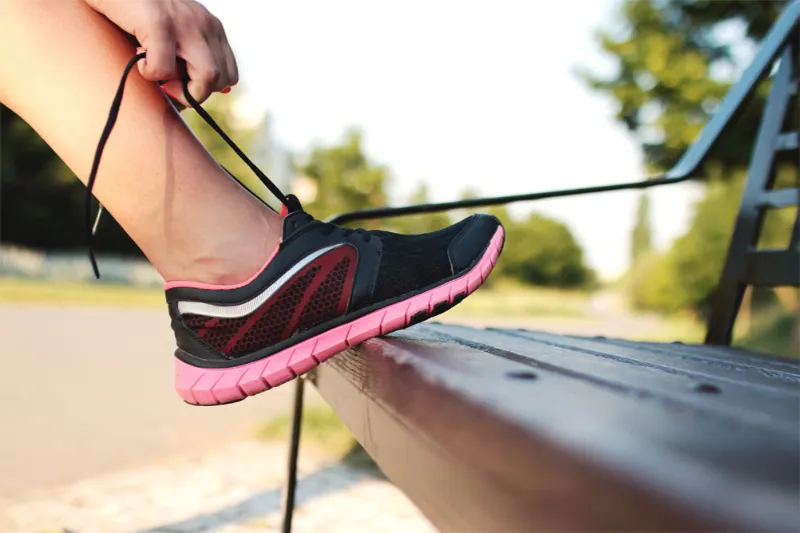What is Couch to 5K
The Couch to 5k programme provided by the NHS gives us a great way to look after our health. It is a structured exercise programme to get you running for health and is highly recommended by our private physiotherapy team. Running ability is built up slowly week on week with the aim of running 5k or 30 minutes without stopping by week 9.
Starting Couch to 5K
On the first week you begin by running for 1 minute. Followed by walking for 1 minute. Try to run 3 times a week subsequently the periods of running gradually increase until by week 9 you are able to run 5k.
Exercise at times which suit your lifestyle and build up at your own pace. More importantly you don’t need to have any equipment apart from running shoes. Running is possible in town or country.
Learning to run can be a great boost to your fitness regime both physically and mentally. In addition it’s important to ensure that you avoid injury if commencing running for the first time.
Top tips to get you started and avoid injury – Physio Answers | Private Physiotherapy
You do not need an expensive pair of trainers or a specialised fitting but they do need to be comfortable.
Ease into the run gently for instance, walk for as long as you feel you need to warm up your muscles before you break into the run.
Ensure a good running position:
- Gaze directly in front of you, ears in line with your shoulders.
- Pull your shoulders back almost like you’re squeezing a pencil between your shoulder blades. Shoulders should move opposite to each other and opposite to each leg. Arms should be at a 90-degree angle, keep your elbows close to your sides, thumbs pointing to the ceiling, hands relaxed. Keep a long, tall spine and a tight core angling slightly forward from your hips. Knees should be in line with the middle of your feet so they strike the ground directly under your knee. Think about using your feet to push off the ground rather than lifting them up.

